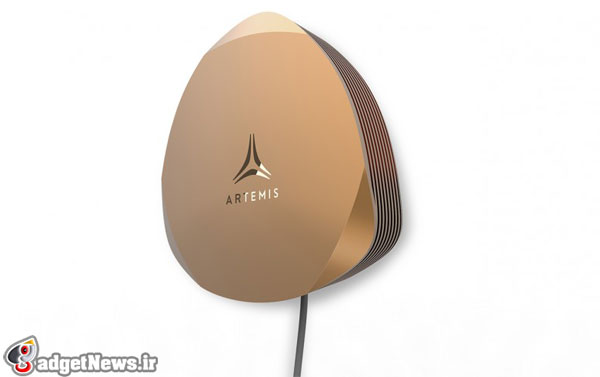
رشد استفاده از تلفنهای هوشمند و به موجب آن استفاده از شبکهی اینترنت از طریق این ابزارها روز به روز فشار بیشتری به شبکههای تلفن همراه برای پاسخگویی به نیاز کاربران به سرعت و دسترسی به شبکهی اینترنت وارد میکند که پاسخ گویی به آن نیازمند استفاده از دامنهی گسترده تری از فرکانسهای رادیویی است. شبکهی Artemis امیدوار است که بتواند این مشکل را با استفاده از فناوری جدیدی به نام pCell حل کند و به کاربرانش اینترنتی با سرعتی کامل و فارغ از تعداد استفاده کنندگان، ارایه نماید.
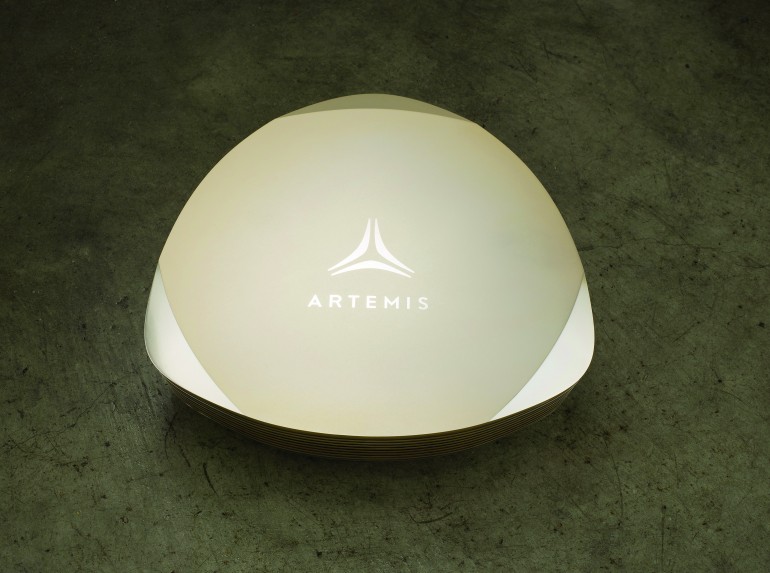
Artemis شرکتی تازه تاسیس در سانفرانسیسکو است که از سال 2000 مشغول به کار بر روی شبکههای تلفن همراه است. این شرکت معتقد است که شبکهی جدیدش قادر است به کاربران اتصالی دائمی بدون نقاط تاریک یا اتصالات نامطمئن ارائه کند به طوری که کیفیت اینترنت آنها با اینترنت کابلی برابری خواهد کرد.
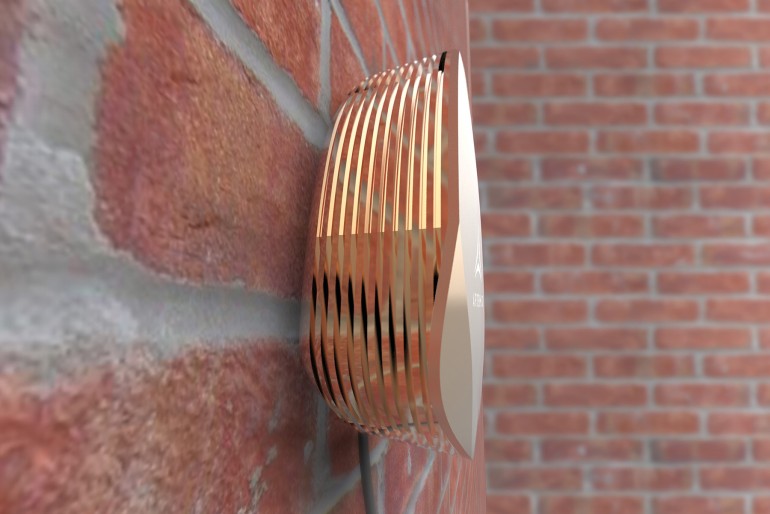
در این شبکه ایستگاههای مرکزی یا pWavesها نقش برجهای مخابراتی را بر عهده خواهند داشت که البته به ساخت برجهای بلند نیازی ندارد که این خود موجب کاهش هزینهها خواهد شد. به گفتهی شرکت Artemis این روش از ساخت برجهای مخابراتی ارزانتر و موثرتر است. در ضمن با استفاده از این روش کاربران فارغ از تعدادشان میتوانند از کیفیت خوب خدمات لذت ببرند.
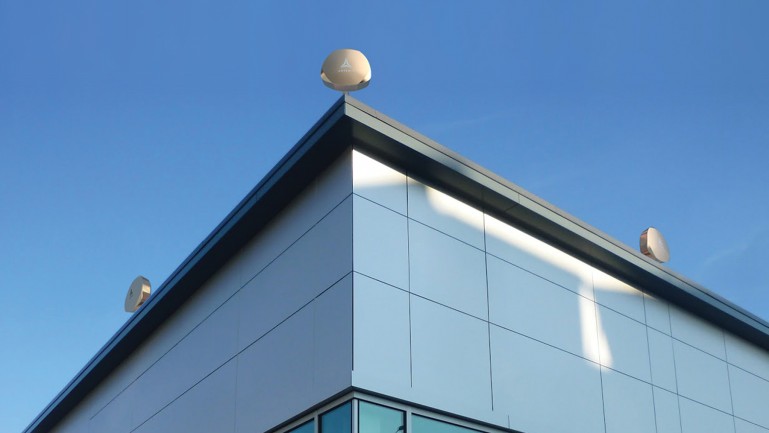
برجهای مخابراتی معمولی که شبکههای امروزی ما را میسازند میبایست به فاصلهی هر 5 تا 50 کیلومتر قرار بگیرند بدون اینکه با هم تداخل یا همپوشانی داشته باشند. تمامی ابزارهی موبایلی قرار گرفته در منطقه نیز میبایست از ظرفیت محدود برج قرار گرفته در آن ناحیه بهره ببرند که این به معنی کاهش کیفیت خدمات با افزایش تعداد کاربران آن منطقه است. شبکهی pCell پاسخی بر این مشکل است؛ این شبکه به جای اینکه از تداخل فرار کند میخواهد از آن بهره برداری کند. با تجمیع کردن سیگنالهای رادیویی از چند ایستگاه pCell شبکهای شخصی ساخته میشود. در واقع در اینجا به جای اینکه هزاران کاربر از ظرفیت یک ایستگاه بزرگ بهره ببرند، هر کاربر یک pCell مستقل خواهد داشت که به آن امکان دسترسی به تمامی ظرفیت شبکه را به تنهایی میدهد.
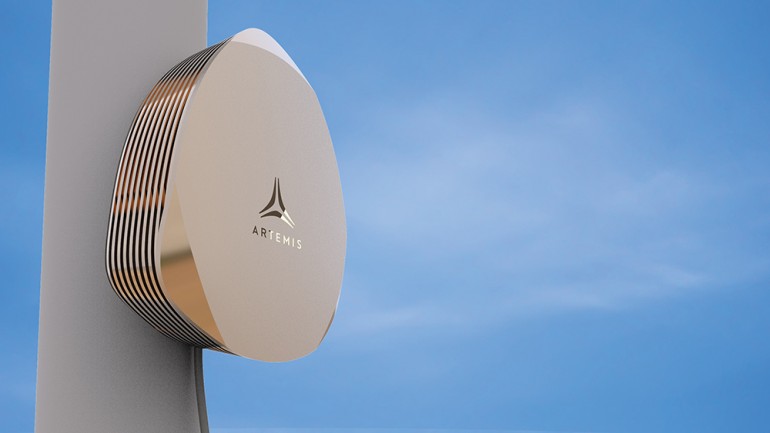
Steve Perlman موسس و مدیرعامل شبکهی Artemis این فناوری را در دانشگاه Columbia رونمایی کرده است. در این رونمایی یک ویدیوی 4K به طور مستقیم از طریق شبکه بر روی تلفن همراه پخش شد، بی آنکه هیچ مشکلی در نتیجه استفاده سایر کاربران از آن به وجود بیاید. به گفتهی او فناوری pCell میتواند به سادگی فناوری 4G را پشت سر بگذارد، ضمن اینکه این فناوری با ابزارهای موبایلی کنونی نیز سازگار است و این شبکه میتواند در صورت عدم حضور کاربر به طور خودکار خود را به حالت خاموش دربیاورد.
Artemis امیدوار است بتواند تا سال آینده این فناوری را به بهره برداری برساند.
منبع : vr-zone
Artemis unveils pCell technology promising high-speed mobile connectivity for all
The rise of smartphones and subsequent explosion in mobile data usage has put a strain on mobile networks, slowing them down when congested and requiring more and more radio spectrum space to accommodate the demand. Artemis Networks hopes to solve this problem with a new technology called pCell, which promises full speed mobile data regardless of the number of users.
Artemis Networks is a San Francisco-based firm that was founded in the early 2000s and has been "incubated" for over a decade. It claims its new mobile network base stations will be able to eliminate network congestion, dead zones and unreliable connections, instead providing mobile users with a "fiber-class broadband experience."
The base stations, or "pWaves," are used in place of mobile network towers. They do not need to be placed at regular intervals like mobile towers and so instead can be placed with cost and convenience in mind. According to Artemis, they are cheaper to run and more efficient than conventional mobile towers, as well as being cheaper and quicker to roll-out. Most importantly, however, they can provide high performance service regardless of the number and geographical spread of users.
Traditional mobile towers create network "cells" of anywhere between five and 50 km (3 and 31 miles), whilst trying to avoid overlapping and interfering with other cells. All mobile devices in the area share the cell's capacity for data transmission, meaning that the more users there are trying to connect via the same cell, the worse its performance becomes for each user. pCell technology, on the other hand, supposedly turns this model on its head.
"Instead of dodging interference, pCell exploits interference, combining transmitted radio signals from multiple pCell base stations to synthesize tiny "personal cells" – pCells – of wireless energy around each mobile device," explains Artemis. "So, rather than hundreds of users taking turns sharing the capacity of one large cell, each user gets an unshared pCell, giving the full wireless capacity to each user at once."
Steve Perlman, the founder and CEO of Artemis Networks, demonstrated the technology at the company's unveiling event at Columbia University. As well as demonstrating 4K video streaming using the pCell mobile network, Perlman argued that pCell effectively leapfrogs the need for 4G technology. Perlman suggests that not only can pCell provide a better quality of service, but that it works with existing devices and can hand-off to existing cellular networks when a user goes out of range.
Artemis is already in talks with prospective partners and expects to begin rolling out the technology in one major city this year.
 گجت نیوز آخرین اخبار تکنولوژی، علم و خودرو
گجت نیوز آخرین اخبار تکنولوژی، علم و خودرو 





